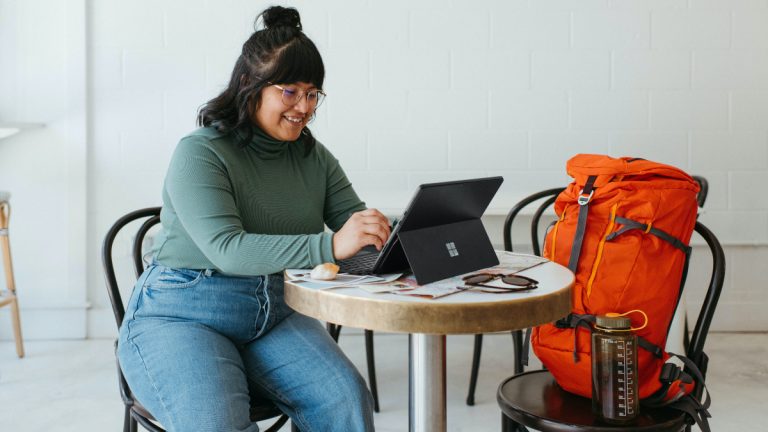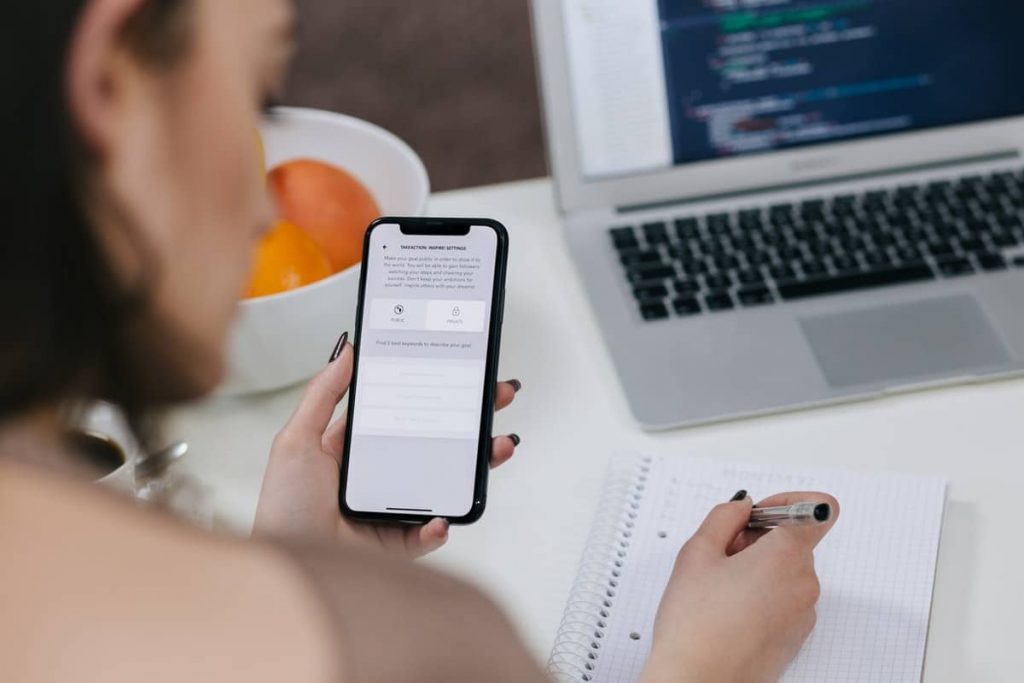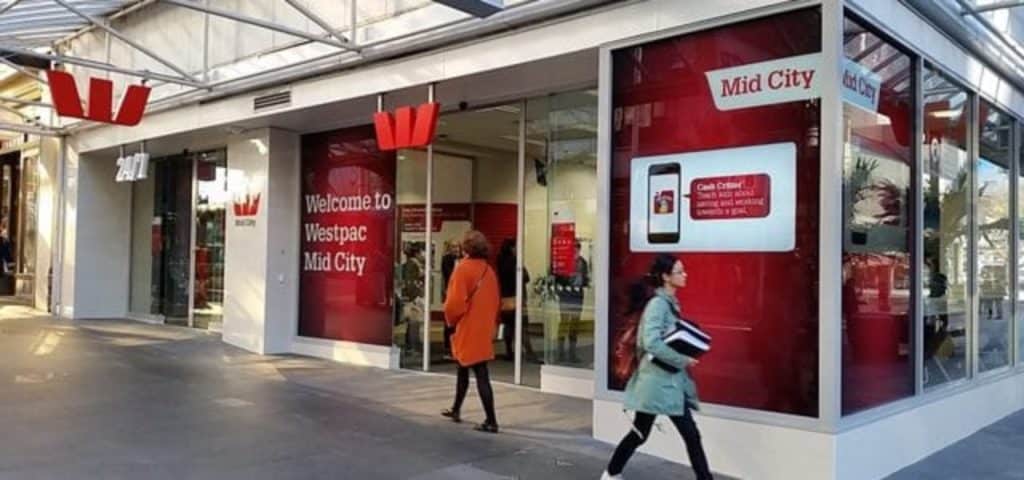
Embarking on a Working Holiday Visa (WHV) in Australia is an exciting opportunity to explore a beautiful country while earning money to support your travels. To make the most of your WHV experience, it’s essential to set yourself up for work effectively. So what will you need before starting work in Australia? To begin with: a strong resume/CV, an Australian bank account, a Tax File Number (TFN) and an Australian phone number. This guide provides a step-by-step approach to getting started with work in Australia, ensuring you have a smooth transition and a successful adventure.
Table of Contents
Understand Your Working Holiday Visa
Before diving into the job market, familiarize yourself with the conditions of your WHV:
- Age Requirement: Typically, you must be between 18 and 35 (or 30 for some countries) to apply.
- Duration: The visa allows you to stay and work in Australia for up to 12 months, with the possibility of extending for another 2 years if you meet specific criteria.
- Work Conditions: You can work for the same employer for up to six months, encouraging you to explore different jobs and regions.
⚠️ From 1 January 2024 you can work for the same employer in Australia for more than 6 months without asking permission if you work in any of the following:
- different locations for the same employer, as long as work in any one location does not exceed 6 months
- plant and animal cultivation anywhere in Australia
- natural disaster recovery work anywhere in Australia
- critical sectors, including agriculture, food processing, health, aged and disability care and childcare, tourism and hospitality, anywhere in Australia
- certain industries, including, fishing and pearling, tree farming and felling, construction and mining, in northern Australia only.
Prepare your resume and cover letter
Depending on the types of jobs you want to do Down Under, your CV will vary. But whether you’re looking for a temporary or long-term job, having a well-written CV that meets Australian criteria is essential.
It’s important to note that resumes in Australia may be different to what you’re used to back home. In Europe, CVs are usually kept to one or two pages, but in Australia they tend to be at least two pages – sometimes up to four or five pages for a specialised job. If you are a recent graduate or you are applying for a short-term holiday job, it’s OK to have a shorter CV, but make sure you are including all your relevant experience and certificates you need such as your RSA or White Card.
In Australia it is illegal to ask potential employees for information such as their age, marital status or religion, so do not include these details in your CV. As soon as you have an Australian address and phone number, you should update your CV to make it clear you’re already in the country and ready for work. You should also include at least 2-3 references and their phone numbers. In Australia, employers do tend to actually call your references so it’s essential that you choose people who speak good English and will speak positively about you. You want it to be easy as possible for your potential future boss to contact your references, which can be tricky if they are overseas. The more local references you can include, the better, even if it’s from volunteer work.
For a complete guide to writing your resume in Australia and an easy-to-follow downloadable template, see our article: Writing a resume in Australia – Guide & Templates.
If you apply for a qualified position, you will need to also provide a cover letter. Tailor your cover letter to each job application, explaining why you’re suitable for the role and how your experience aligns with the job requirements.

Set up your bank account
In order to work legally in Australia, you will need to set up a bank account. With some banks, can set up your account online from your home country. You will need to bring your passport as ID, and an address where your bank can post your new debit card. If you don’t have a permanent address yet, you may be able to give the bank the address of your hostel (but make sure you ask the staff first).
Australia has four main banks: Commonwealth, Westpac, NAB and ANZ. There are also other international banks such as HSBC, ING and CITI Bank. We recommend you to pick one of the main banks so you can easily find an ATM no matter where you are (in Australia, there is service fee for using ATMs not affiliated with your bank, which can really add up).
Open a Superannuation account
Superannuation (super) is a retirement savings system in Australia. Ensure your employer sets up super contributions for you. You can claim your superannuation when you leave Australia.
Employers in Australia will be obliged to pay a portion of your salary (11%) into a fund for you. This payment is paid on top of your salary and is put into a separate account. To be able to get this money, you will need to set up your “super” account. You can set up your super account at your bank when opening your bank account. This way it will be easier to check the money you have on it. You can’t claim your superannuation until you leave Australia, and unfortunately it’s taxed at the extremely high rate of 65%.
Read also : How to Claim your Superannuation

Apply for your Tax File Number (TFN) and / or Australian Business Number (ABN)
The TFN
A TFN is essential for working in Australia. Apply for your TFN online through the Australian Taxation Office website (ATO) as soon as you arrive. It usually takes about 10-28 days to receive it by mail.
If you will not be staying in one place for 28 days, or your TFN hasn’t arrived within the stated period, you can call the ATO on on 13 28 61, 8.00am to 6.00pm, Monday to Friday and they can give you your number you over the phone after verifying your identity with some security questions.
The ABN
The ABN is for people carrying out or starting a business in Australia. You will need an ABN if you are working as a sole trader or freelancer. People with certain jobs (freelance photographers, writers, labourers etc) are more likely to have to register for an ABN. To apply for an ABN you must already have a TFN.
Check the government website to see whether you are entitled to an ABN. It should be noted that some employers might try to get you to apply for an ABN because it is cheaper for them. If you work with an ABN you are responsible for doing your own taxes, so make sure you really need it before deciding to get it.
NOTE: Try to work under your TFN as your taxes will be deducted directly from your salary, so you won’t have to put money aside to pay taxes at the end of the financial year. Do not work with an ABN unless you are really running your own business as a sole trader. If your employer asks you to apply for an ABN and you will be actually working for him/her as an employee, do not go for it. It might just be a way for them to get out of the costs that go with employing somebody.
Get an Australian phone number
When living in Australia on a Working Holiday Visa you will need an Australian phone number. You are more likely to get calls from potential employers if you have an Australian number, and using your old number will leave you with huge roaming charges, so it’s important to get this sorted as quickly as possible.
The three biggest network providers in Australia are Telstra, Vodafone and Optus. They all provide 4G services. When choosing your provider, consider the coverage provided and the costs.
Coverage
When choosing your network provider, bear in mind where you will be going in Australia. Some providers have better coverage then others in remote areas. Telstra is considered to have the best coverage nationwide, as well as in the outback. However, there are many places were you will not have any signal, regardless of your provider. If you’re sticking to urban areas, your provider isn’t that important.
Costs
Aldi also provides pre-paid deals at a lower price that use the Telstra network as a Mobile Virtual Network Operator (MVNOs). MVNOs are smaller providers that offer access to the Telstra, Optus or Vodafone network. They often have good deals.
Where to buy a SIM Card
You can buy a SIM card practically anywhere, from supermarkets (Woolworths, Coles, 7Eleven, etc) or phone stores. Major providers such as Telstra and Vodafone have stores in all major cities.
Read more : Phone plans in Australia
Get your certificates
Some jobs such as hospitality and construction may require specific certificates or training. These certificates prove your knowledge /abilities in certain areas and having them show that you are ready to start working straight away.
RSA certificate
The RSA (Responsible Service of Alcohol) is essential for working in hospitality. It shows that you are aware of the regulations regarding alcohol consumption in Australia. You are trained to learn to be responsible when serving alcohol to patrons in order to prevent harm caused by excessive alcohol consumption, as well as avoiding expensive fines for breaking the law (serving alcohol to minors etc).
Get your RSA in Australia (with special discounts!)
Pay less for your RSA course (Responsible Service of Alcohol). With this certificate, you are allowed to work in all places where alcohol is served or sold.
White Card
The White Card is compulsory to work in the construction industry or in mines. The aim of the training is to learn about safety at work. The course trains workers to identify hazards and to prevent and manage accidents at work.
Get discounts for your White Card course
Take advantage of special offers to obtain the white card and work in the construction industry.
Read also : Training and Certificates in Australia
Start your job search
Online Job Portals
Websites like Seek, Indeed, and Jora are popular for finding job listings. For hospitality and casual work, check out Gumtree and Backpacker Job Board. Also check LinkedIn for companies that interest you.
Recruitment agencies
Register with agencies like Hays, Adecco, and Randstad, which can help match you with suitable job opportunities. These agencies are usually specialised in a sector / industry.
Networking
Join local Facebook groups or WhatsApp groups and attend events or meetups for WHV travelers. Networking can lead to job opportunities and valuable advice from fellow backpackers.
Walk-in applications
For jobs in hospitality, retail, and farming, consider walking into establishments with your resume and asking if they have any openings.
Types of jobs commonly available to WHV holders
- Hospitality and Tourism: Jobs in cafes, restaurants, bars, and hotels are plentiful, especially in tourist areas and major cities.
- Retail: Retail positions in stores and shopping centers can be a good option, particularly during busy seasons.
- Farm Work: Regional farm work is also a good option for WHV holders, especially those seeking a visa extension. Tasks can include fruit picking, packing, and general farm maintenance.
- Construction & Mining: If you have relevant skills or are willing to obtain a White Card (construction induction training), construction jobs can be lucrative.
- Office and Temp Work: Temporary administrative or office jobs can provide steady income, often found through recruitment agencies.


























